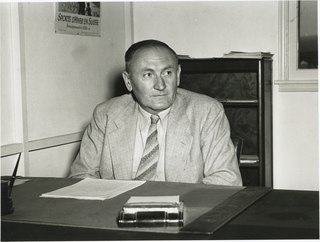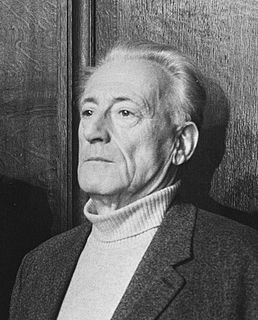A Quote by Ovid
Jupiter has no leisure to attend to little things.
Quote Topics
Related Quotes
Horace, in a particularly boastful mood, once said his verse would last as long as the vestal virgins kept going up the Capitoline Hill to worship at the temple of Jupiter. But Horace's poetry has lasted longer than Jupiter's religion, and Jupiter himself has only survived because he disappeared into literature.
What have we got here in America that we believe we cannot live without? We have the most varied and imaginative bathrooms in the world, we have kitchens with the most gimmicks, we have houses with every possible electrical gadget to save ourselves all kinds of trouble - all so that we can have leisure. Leisure, leisure, leisure! So that we don't go mad in the leisure, we have color TV. So that there will never, never, be a moment of silence, we have radio and Muzak. We can't stand silence, because silence includes thinking. And if we thought, we would have to face ourselves.
Action is the music of our life. Like music, it starts from a pause of leisure, a silence of activity which our initiative attacks; then it develops according to its inner logic, passes its climax, seeks its cadence, ends, and restores silence, leisure again. Action and leisure are thus interdependent; echoing and recalling each other, so that action enlivens leisure with its memories and anticipations, and leisure expands and raises action beyond its mere immediate self and gives it a permanent meaning.
Society of leisure perhaps? Indeed, the most remarkable aspect of the transition we are living through is not so much the passage from want to affluence as the passage from labour to leisure. Leisure contains the future, it is the new horizon. The prospect then is one of unremitting labor to bequeath to future generations a chance of founding a society of leisure that will overcome the demands and compulsions of productive labor so that time may be devoted to creative activities or simply to pleasure and happiness.







































